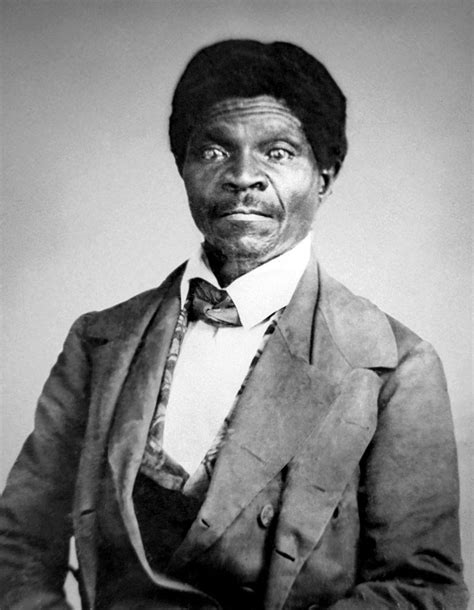A Quote by Peter Armitage
Statistics may be defined as the discipline concerned with the treatment of numerical data derived from groups of individuals.
Quote Topics
Related Quotes
The chief instrument of American statistics is the census, which should accomplish a two-fold object. It should serve the country by making a full and accurate exhibit of the elements of national life and strength, and it should serve the science of statistics by so exhibiting general results that they may be compared with similar data obtained by other nations.




































